Book of the Year Author Eugenie Doyle
"I believe that the true bridge between farmers and non-farmers is storytelling."
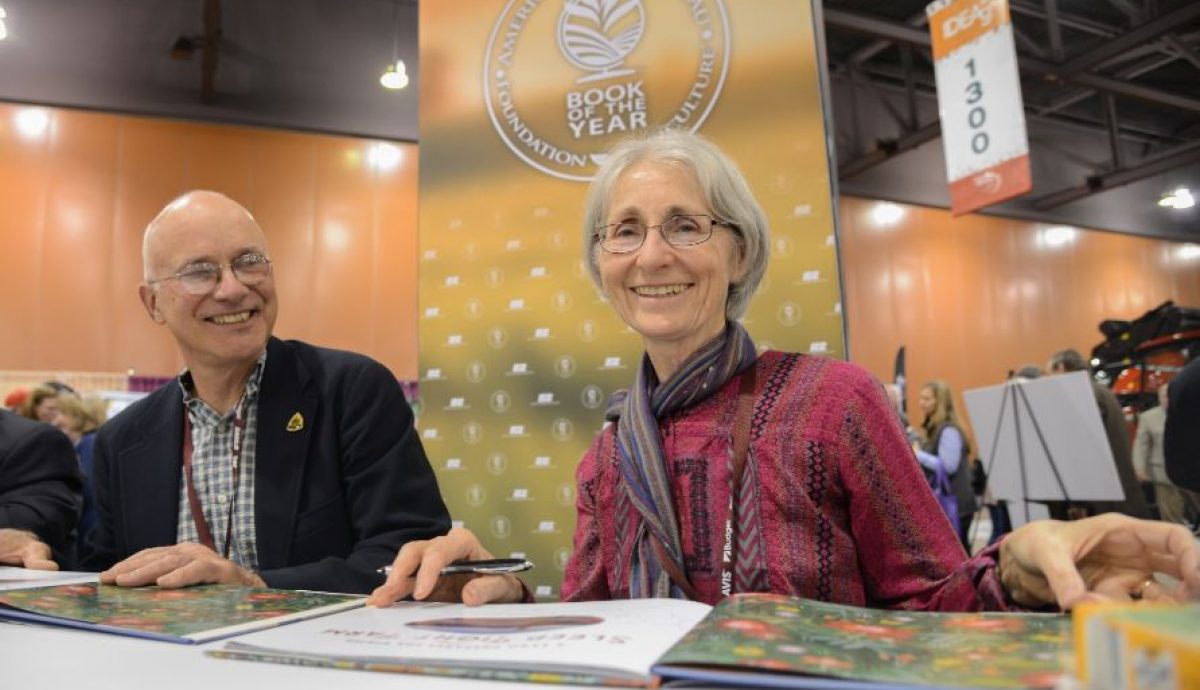
Below is the speech given by Eugenie Doyle on January 8, 2017 as she accepted the Foundation's Book of the Year Award for her book, "Sleep Tight Farm"
by Eugenie Doyle
Thank you, this award is delicious!
Writing, much like farming, involves long hours of work and little acclaim. And that’s okay. We don’t chose those careers for their promise of celebrity status. Still, it is encouraging to have our work recognized and I thank you.
I want to say thank to my editor at Chronicle, Melissa Manlove, and of the brilliant illustrator of STF, Becca Stadtlander. Clearly a picture book is not a picture book without visual images, and I am capable only of drawing with words.
I mention these two collaborators because they represented for me a challenge familiar to any farmer trying to illuminate the world of agriculture to those who through no fault of their own, are ag illiterates. To her great credit, my editor wanted to publish the book to fill a void in children’s literature about contemporary farms. As you certainly know, most farm books are outdated and or romanticized. And yet, the process of matching images to my text demanded patience from all involved. Melissa would send me Becca’s sketches and I would respond: Weelll, that’s a picture of a skep not a modern beehive, or the mother shouldn’t be handing the dad tools and standing around with clean clothes and a kerchief on her head, or, why is there a horse? The text says nothing about a horse and my husband has always called them expensive pets. Or, you can’t put two people on that tractor. No seat, no rider! I lost on the horse argument but I believe all the factual errors were corrected.
In other words, while I had written a book to expand a child’s understanding of a contemporary farm and its working family, even the construction of the book required careful explanation to illustrator and editor and the slashing of stereotypes.
It is time for this process to happen on a large scale. We farmers are so few, (less than 2% of the population) and yet everyone else eats. We need that larger group to understand the joys and challenges of our tiny group. Understanding is the first step towards compassion and respect. I believe that the true bridge between farmers and non-farmers is storytelling.
And I don’t mean simply branding, or marketing. We all know the value of telling our farm stories to market our products. Images of smiling farm families, beautiful fields, and healthy animals are used to sell crops to consumers and equipment and inputs to producers.
I would like to see us deepen the stories that we tell our non-farm neighbors. 32 years ago, the great Minnesotan writer, Lois Phillips Hudson wrote, “ I submit that the time is ripe for a novel examining all the human problems involved in getting an edible tomato from the field to the table an urban apartment dweller.” That novel has still not been published. Nor has the movie appeared, or the TV series been made. Because, I believe no one can tell the human stories of farm people except farmers.
My story has included an urban childhood, falling in love with a dairy farmer, two auctions, returning to school, transitioning to organic berry and vegetable and hay farming, raising three children including twins, turning the farm over to one of them. My writing has focused on the farm life as I or my neighbors have experienced it during the end of the 20th century and the start of the 21st, an era during which our farm population has plummeted.
What I really want to say to you today is, join me! Write your stories down or tell them to your children, grandchildren. Be a pen pal to schoolchildren. Write a blog! Write of your decisions. What lies behind your choices? Sell the cows or no? Organic or no? Plant GMO seed or not? Hire H2A workers or no? Plant this or that? Get a divorce? Adopt a child? Cheat on taxes? Survive cancer, survive a fire? A drought?
Our stories are every bit as interesting as those better known in our culture. But if we don’t tell them, they will be lost, and the other 98% may continue to believe that food, fiber, and farmed fuel appears in their lives by magic. Let us at least accurately describe that magic.



